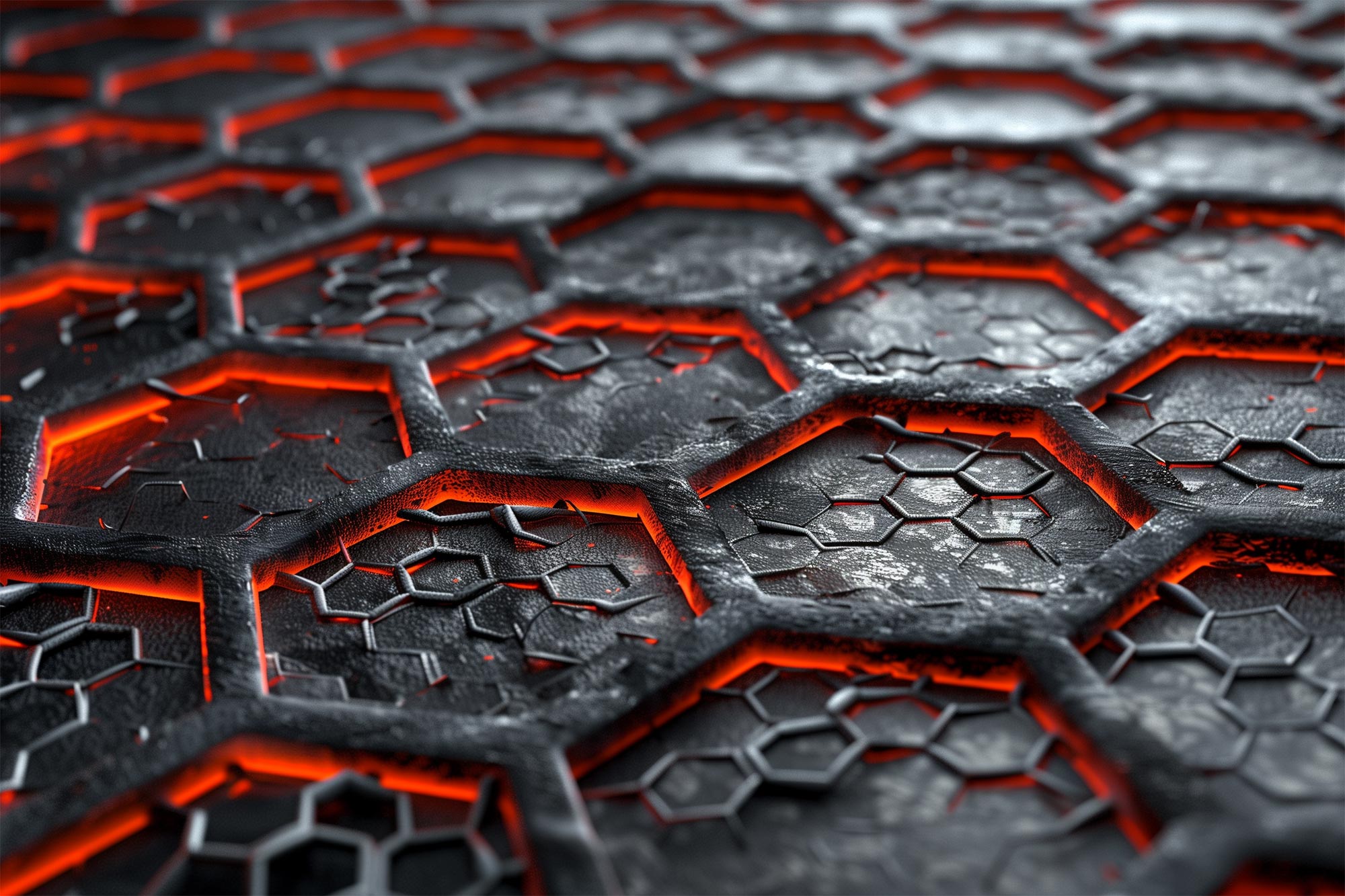
DIU wants to leverage commercial investments in high-specific energy storage and advanced battery technology
WASHINGTON — Lyten, a battery manufacturer based in California, has prototyped an advanced battery design for small satellites under a contract from the Defense Innovation Unit.
Lyten was one of 12 companies that submitted bids in response to a Jan. 2020 solicitation from DIU seeking energy storage and management solutions to improve the duty cycle of small satellites. The company won a contract in spring 2020 known as “other transactions,” an agreement commonly used by DIU where the government and the contractor co-invest in the project.
A company spokesperson said Lyten was awarded a $1.1 million contract for the first phase of the program and the agreement has a $4.5 million ceiling.
Steve “Bucky” Butow, director of DIU’s space portfolio, said in a statement to SpaceNews Jan. 9 that this contract allows DoD to leverage commercial investments in high-specific energy storage and advanced battery technology for national security applications. Most of the innovation in batteries today is focused on automotive applications and electric vehicles, but there is also a growing demand in the aerospace sector, he said.
Small satellites is one area of particular interest, Butow said. “When DIU entered the space arena, we quickly recognized that small satellite duty cycles were limited by battery performance. This is especially true for commercial synthetic aperture radar (SAR) satellites which were an early focus of DIU’s space portfolio.”
Under the agreement with DIU, Lyten will demonstrate a lithium-sulfur battery solution expected to significantly increase the duty cycle of small satellites.
“Doubling the charge density within the same mass and volume of a battery cell effectively doubles the duty cycle,” said Butow.
Lyten in a news release Jan. 6 said the company will developed a lithium-sulfur rechargeable battery capable of three times the energy storage capacity of current lithium-ion batteries. Under the DIU contract, the company has prototyped three different battery configurations, including pouch cells and cylindrical cells, said Shawn Black, Lyten’s president of government, aerospace and defense.
“The batteries will undergo a comprehensive level of testing as requested by the Space Systems Command,” Black said. ”Our battery solution gives the DIU and U.S. Space Force a tool that will enable the use of smaller, lighter battery packs, better positioning them to use smaller spacecrafts, reduce the overall cost to orbit, and sustain low Earth orbit operations during eclipse.”
Note: This article have been indexed to our site. We do not claim legitimacy, ownership or copyright of any of the content above. To see the article at original source Click Here













